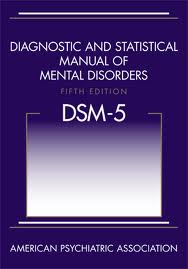By Craig Williams, Professor of Pharmacy at Oregon State University
In scientific literature, studies with “good” results are more likely to be published than studies with results that are unclear or negative. A study with a new, exciting finding (a positive result) is likely to see the light of day, even if the finding is not in line with the authors hypothesis. But a study that doesn’t have a new finding (a negative result), or has an unclear finding is far less likely to be published. [Read more…]

